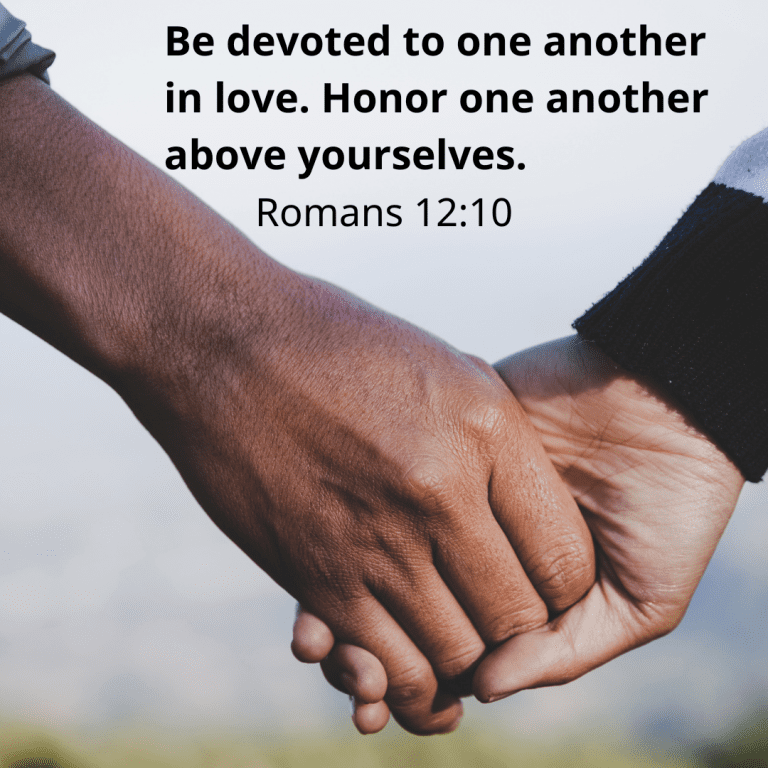aza 13
ṯinyiza hakwuuma nana
1 eḏi lizi tatap ketize ŋiɽaŋali yey ŋeḏi hakwuuma, kaka eṯi gwu zulṯa tatap ruḏa nani gwu Allah, na kla leḏi zulṯa kirem, eṯir miḏa ŋiɽaŋal ŋi ŋeḏi Allah. 2 ŋwu ṯaŋwu, ma kwere ṯinyini zulṯa, eṯuŋw ṯinyini ŋiɽaŋali ŋimɔ zi Allah kete, mindaŋ na kla leṯi ṯinyini, er kaṯazi hukma. 3 kaka eṯir gwu ere ṯenye hakwuuma mac leṯizerri ŋeni ŋizaw; leṯizerri ŋeni ŋiki ta, linderṯa leṯi ṯenye. ma ere naŋni eḏi ṯenye ŋgwa kweḏi zulṯa mac, eṯizerri ŋeni ŋizaw, mindaŋ ta a ma əmi ŋunduŋwu-na, 4 kaka eṯuŋw gwu orɔ kaḏaam keḏi Allah eḏi meci ŋaŋwuzi. lakin mezerri ŋeni ŋiki ta, eṯi tenye, kaka eṯuŋw gwu ere api kalala kiira fayḏa mac; eṯuŋw orɔ kaḏaam keḏi Allah eḏi ketize ŋgwa ŋirŋaza ŋuŋun ŋeṯuŋw zi erri ŋeni ŋiki. 5 ŋwu ṯaŋwu, ŋofḏana eḏenye nana; ner ere orɔ ṯuɽuk mac eḏi ŋi kilaḏa ŋirŋaza ŋeḏi Allah, ner orɔ tɔk eḏi zi erri ŋizaw kaka ŋeṯi zi tugwor ṯizaw andazi. 6 ŋiɽaŋal ŋi ŋu tɔk, a leṯi kekite ṯulba, kaka eti gwu kla leḏi zulṯa orɔ yaḏaam yeḏi Allah eḏi zi aŋraci ŋu. 7 eṯi zi inḏeṯa tatap kweni kwofḏana, muŋw orɔ ṯulba ṯeḏi kwizi, eṯi zi inḏeṯa kla leṯallila ṯulba kḏu; muŋw orɔ ṯulba ṯeḏi kwɔmne kwir-na ter ter, eṯi zi inḏeṯa tɔk; mer orɔ ṯiniiya-na, na iɽi ŋgi-na tɔk, eṯi zi inḏeṯa kla leni lofḏana.
ṯamɽa ṯir kaka ṯeḏi ŋiaŋga
8 eṯi ɽanyazi kəmzu kɔŋwa tatap, illi eḏamɽaḏizina; ŋgwa kweṯizamɽi liḏaḏu nuŋw orɔ kwumɔ ṯimazi kuruu kworɔ dap. 9 na amr wu weni ŋwu: eṯere orɔ kwijin mac; eṯere eɽenye kwizi mac; eṯere nyimi mac; eṯi ŋa gwu ŋuway ere yaḏa mac; na amr were wir ter tɔk, eṯuŋw orɔ ŋiɽaŋal ŋutuput ŋeni ŋwu: eṯizamɽi liḏaḏu kaka eṯi gwu amɽi rɔgwɽɔ rɔŋwa. 10 ṯamɽa ṯiti ṯeṯi zi errici kwir ter ŋiki mac; ŋwu ṯa, eṯi ṯamɽa orɔ ṯimɔ ṯimazi kuruu kworɔ dap.
lamin leḏi Kwruztu muŋw adiḏi eḏila
11 eṯi zi ṯa erri ŋwu kaka ilŋiicaŋa gwu lomuri ṯa klu, linde liri eḏi li kiɽṯi ki ŋwaru, kaka menyji gwu ŋigileḏa nanazi keṯɔk kirem, eḏi lomur la ṯa kla emnar gwu ṯay ṯi; 12 kulu kinaŋna eḏi ṯamḏu, na lamin liaŋ adiḏi eḏila. er ṯa pa alliḏa ŋɔḏɽor lu kiṯay ŋeḏi kirim, er kenne kwɔmne kaka orṯa weḏi fori. 13 eḏi ŋeḏre ŋeri eni ŋizaw kaka kla leṯi nani kaŋwun-na, ŋiti ŋir kaka ŋeḏre ŋeḏi kla leṯele ki zifir-na eḏi ṯiṯi mindaŋ eḏurleli, eḏaḏifayini, eḏizerri ŋir ŋijin, mindaŋ eḏurreḏi, na eḏi ke ŋiɽany. 14 lakin eṯi kenne Kwelenyi kweni Yecu Kwruztu, na eṯere kiḏayinici yaŋna yalu mac eḏi zi bii kaduwa gi.
Duties toward State Authorities
1 Everyone must obey state authorities, because no authority exists without God's permission, and the existing authorities have been put there by God. 2 Whoever opposes the existing authority opposes what God has ordered; and anyone who does so will bring judgment on himself. 3 For rulers are not to be feared by those who do good, but by those who do evil. Would you like to be unafraid of those in authority? Then do what is good, and they will praise you, 4 because they are God's servants working for your own good. But if you do evil, then be afraid of them, because their power to punish is real. They are God's servants and carry out God's punishment on those who do evil. 5 For this reason you must obey the authorities—not just because of God's punishment, but also as a matter of conscience.
6 That is also why you pay taxes, because the authorities are working for God when they fulfill their duties. 7 Pay, then, what you owe them; pay them your personal and property taxes, and show respect and honor for them all.
Duties toward One Another
8 Be under obligation to no one—the only obligation you have is to love one another. Whoever does this has obeyed the Law. 9 The commandments, “Do not commit adultery; do not commit murder; do not steal; do not desire what belongs to someone else”—all these, and any others besides, are summed up in the one command, “Love your neighbor as you love yourself.” 10 If you love others, you will never do them wrong; to love, then, is to obey the whole Law.
11 You must do this, because you know that the time has come for you to wake up from your sleep. For the moment when we will be saved is closer now than it was when we first believed. 12 The night is nearly over, day is almost here. Let us stop doing the things that belong to the dark, and let us take up weapons for fighting in the light. 13 Let us conduct ourselves properly, as people who live in the light of day—no orgies or drunkenness, no immorality or indecency, no fighting or jealousy. 14 But take up the weapons of the Lord Jesus Christ, and stop paying attention to your sinful nature and satisfying its desires.



